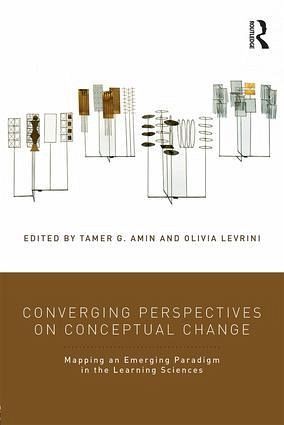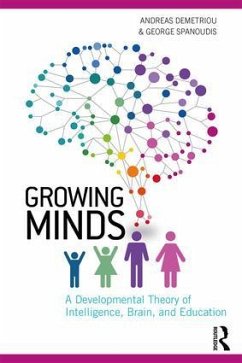
Converging Perspectives on Conceptual Change
Mapping an Emerging Paradigm in the Learning Sciences
Herausgeber: Amin, Tamer G.; Levrini, Olivia
Versandkostenfrei!
Versandfertig in 1-2 Wochen
51,99 €
inkl. MwSt.
Weitere Ausgaben:

PAYBACK Punkte
26 °P sammeln!
Leading international scholars show how distinct interdisciplinary lines of research and inquiry complement each other and converge over time raising questions for the future of conceptual change research. Areas include process, modelling and argumentation, metacognition and epistemology, language and discourse, identity and social interaction.














